AGC Victory: U.S. Supreme Court Protects Industry Access to Court for Challenging Federal Regulations
On June 20, the U.S. Supreme Court sided with AGC in the Diamond Alternative Energy, LLC v. EPA case, which challenged the U.S. Environmental Protection Agency’s (EPA) approval of California’s vehicle emissions standards. The issue before the Supreme Court was whether stakeholders can rely on the predictable and likely effects of a government regulation to establish the right to sue. In this case, gasoline producers who were adversely impacted by California’s strict vehicle emission standards sought to challenge EPA’s decision to allow California to enforce standards above and beyond what the Clean Air Act (CAA) allows.
AGC had filed a coalition amicus brief in the case explaining how the construction industry is often harmed by regulations that do not target us specifically and AGC/businesses should be able to obtain judicial review of agency rules that predictably harm construction firms’ economic interests. Indeed, our litigation program at AGC of America relies on the predictable downstream effects of regulations to establish standing for our members to challenge federal regulatory overreach.
In the opinion, Justice Kavanaugh explains that “to demonstrate standing, plaintiffs must answer a basic question— ‘What’s it to you?’ … In other words, plaintiffs must show that they possess “a ‘personal stake’ in the dispute” and are not mere bystanders.” The state of California, which intervened on behalf of the EPA, argued that if someone is not the direct object of the regulation, they should be barred from challenging the regulation in court.
However, the Court explained that businesses that are harmed by the predictable behavior of third parties also have the right to challenge. In this case, it was obvious that gasoline producers would sell less gasoline once the state of California’s regulations required automakers to manufacture more electric vehicles and fewer gasoline-powered vehicles. The Court held that the gasoline producers “readily demonstrated their standing” by reference to “commonsense economic principles.” The decision affirms a broad reading of the constitutional standing doctrine and strengthens AGC’s ability to challenge regulations on behalf of our members based on predictable market effects.
Looking ahead, the D.C. Circuit will consider, consistent with this opinion, arguments against EPA’s 2022 decision to reinstate approval of California rules requiring automakers to limit average greenhouse gas emissions from new vehicles and include a set percentage of electric cars in their fleets. Generally, states aren’t allowed to set their own engine emissions standards, but California is an exception: it can ask the federal government for special permission (called a waiver) to set tougher rules. The Trump Administration may also revisit the CAA waiver and/or consider whether waivers can relate to greenhouse gas standards through a new regulatory process. Also in the background is the recent congressional action that nullified a separate set of California CAA waivers using the Congressional Review Act.
AGC of America’s litigation program seeks to advance the industry’s interests and protect it from disruption and harm. To support these efforts, please donate to the Construction Advocacy Fund.
For more information on this case, please contact Spencer Phillips.
Project Details
DATE
May 2025
BENEFICIARY
AGC members & the construction industry
PROJECT TYPE
Legal efforts

